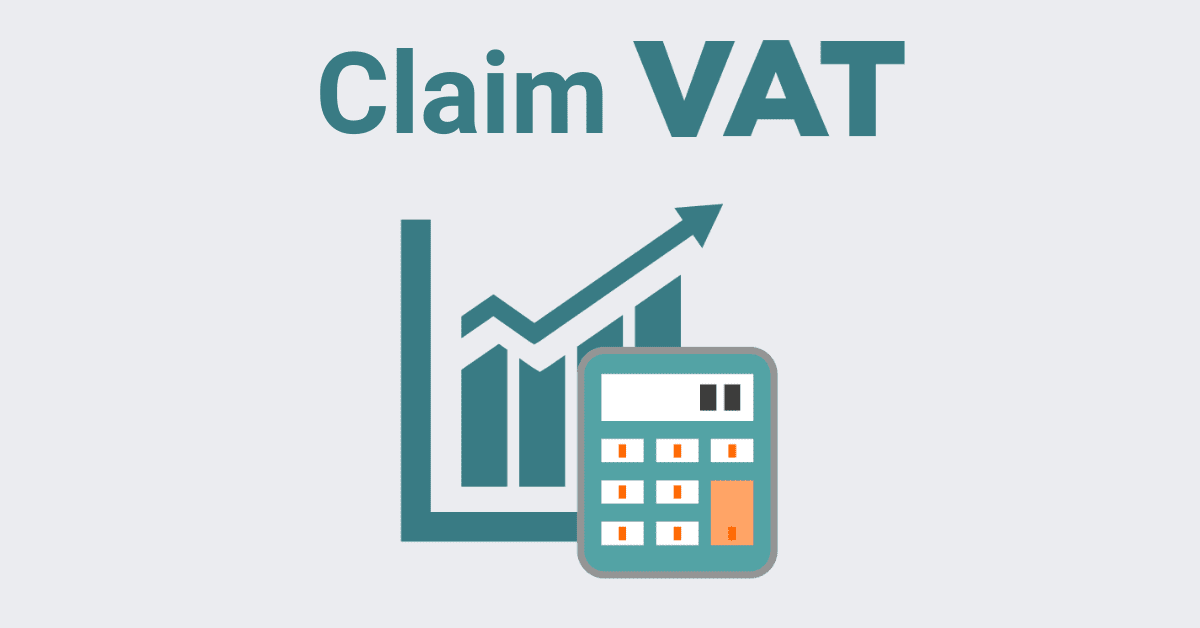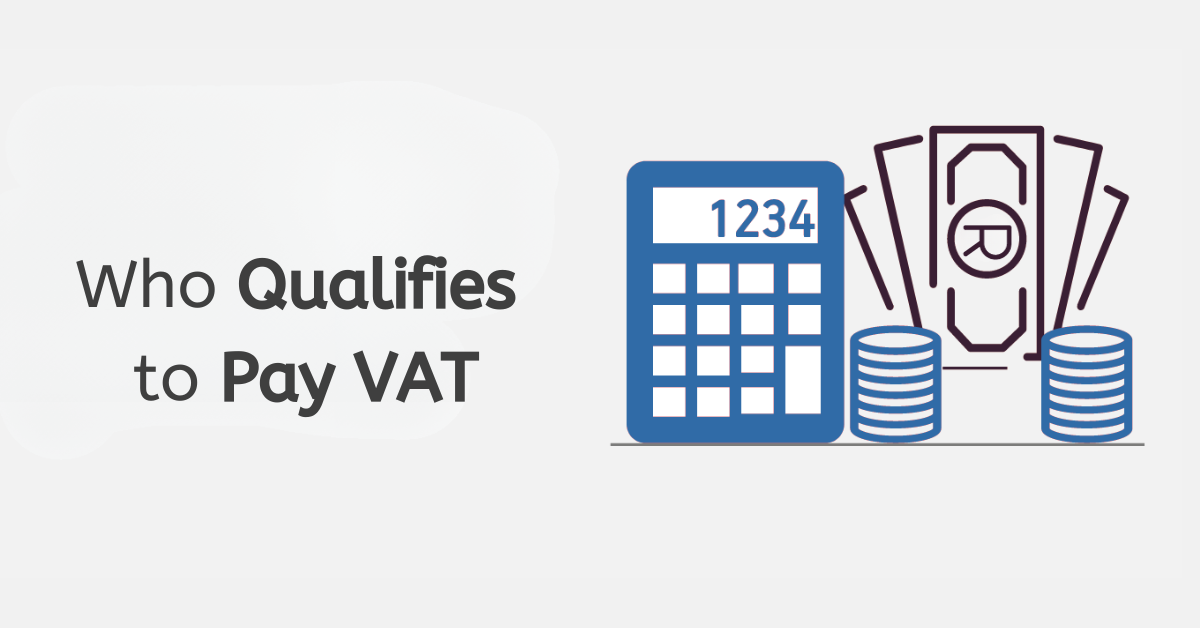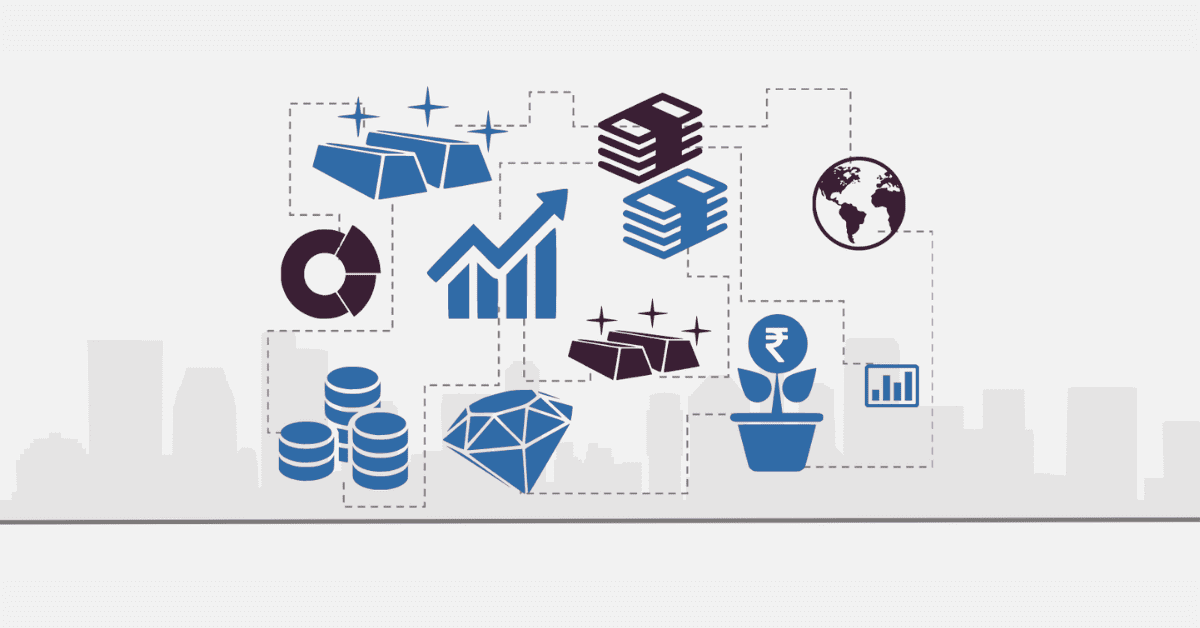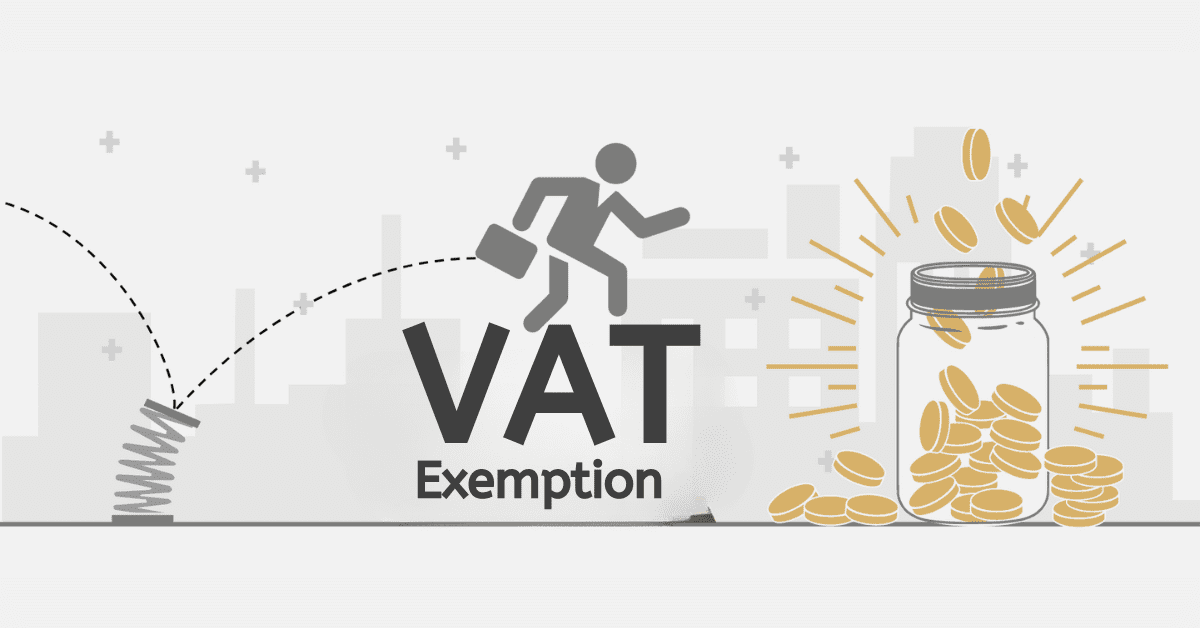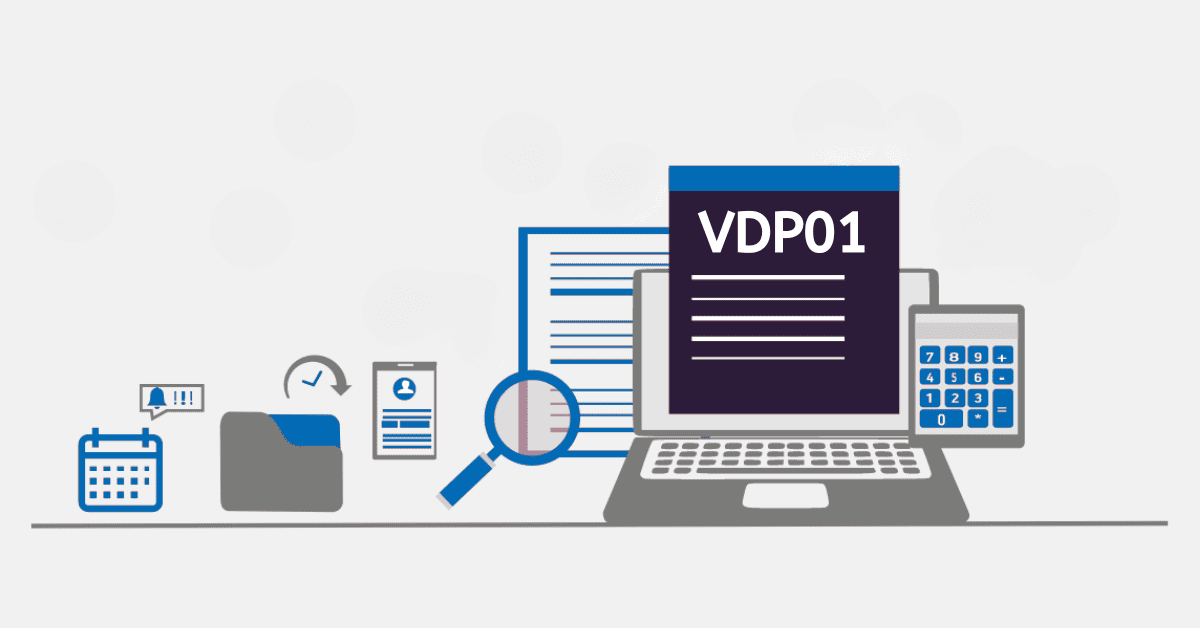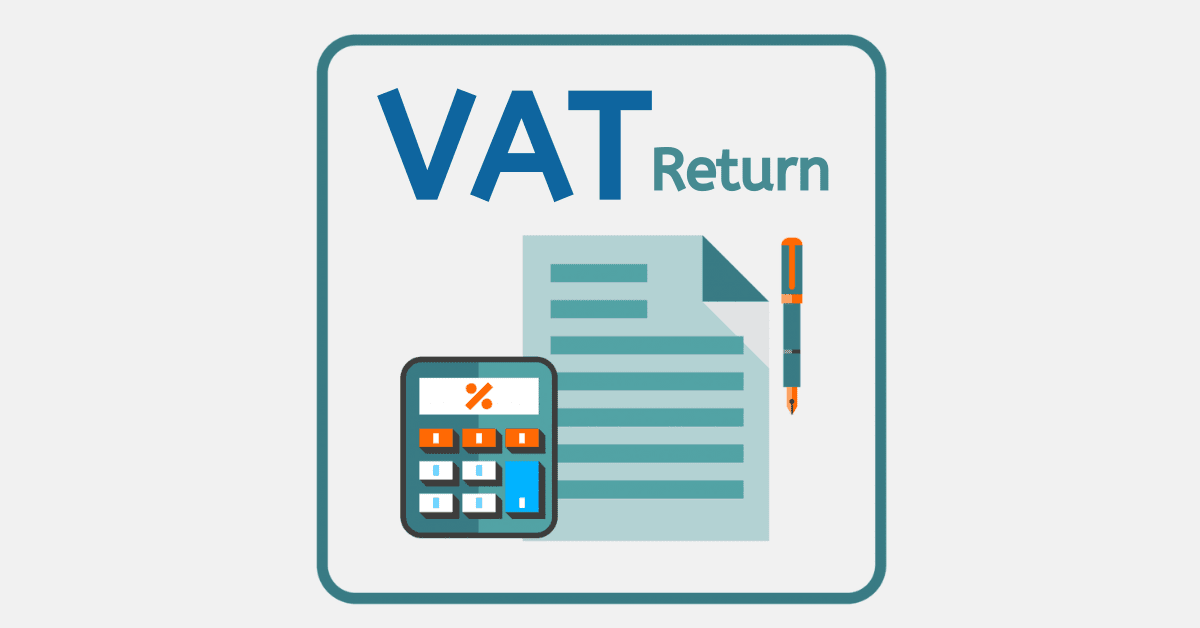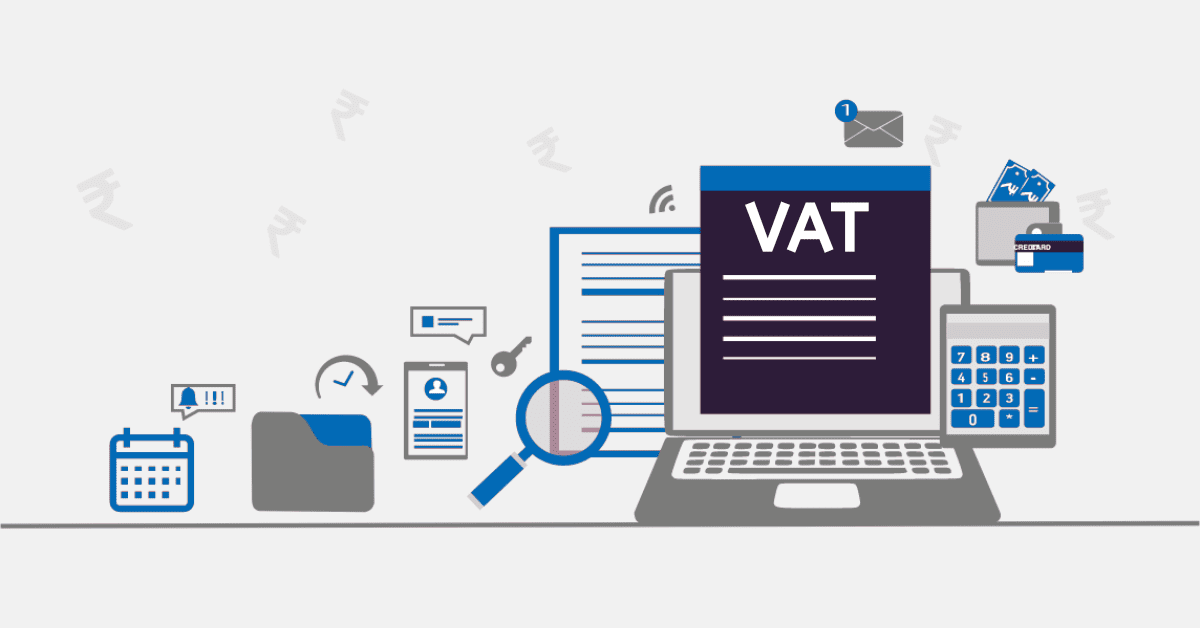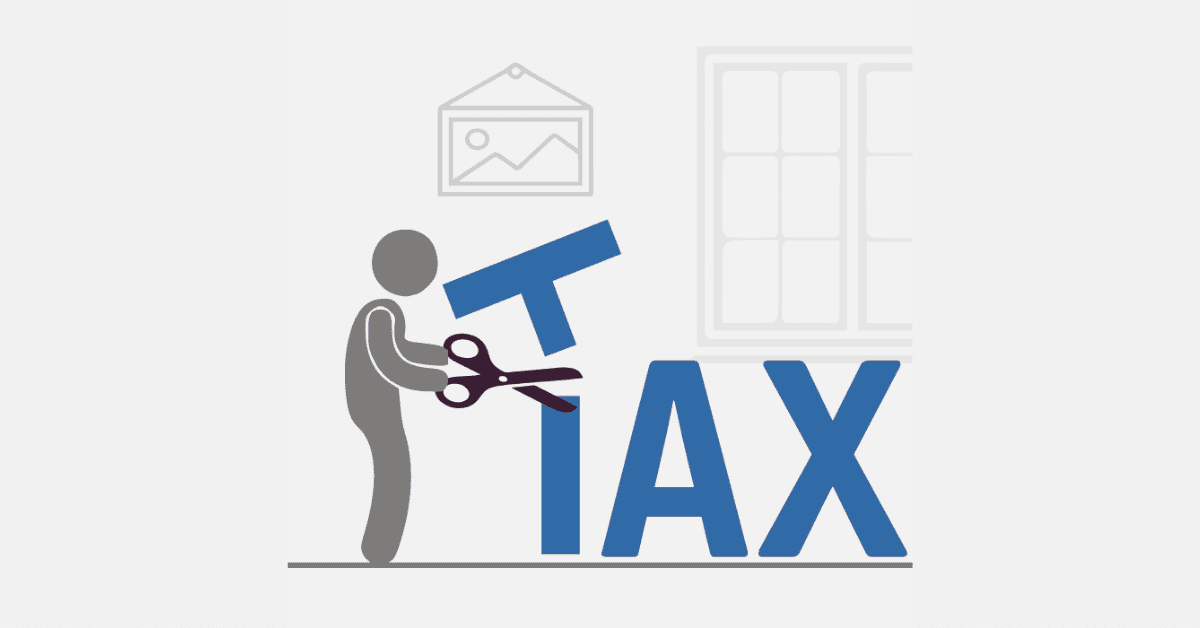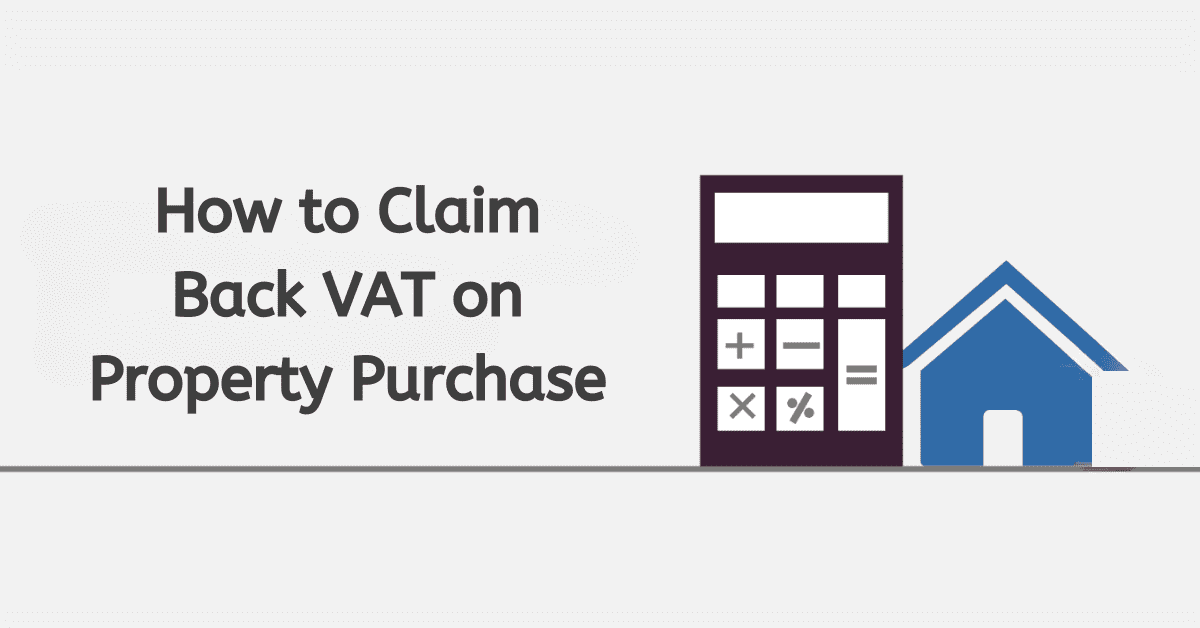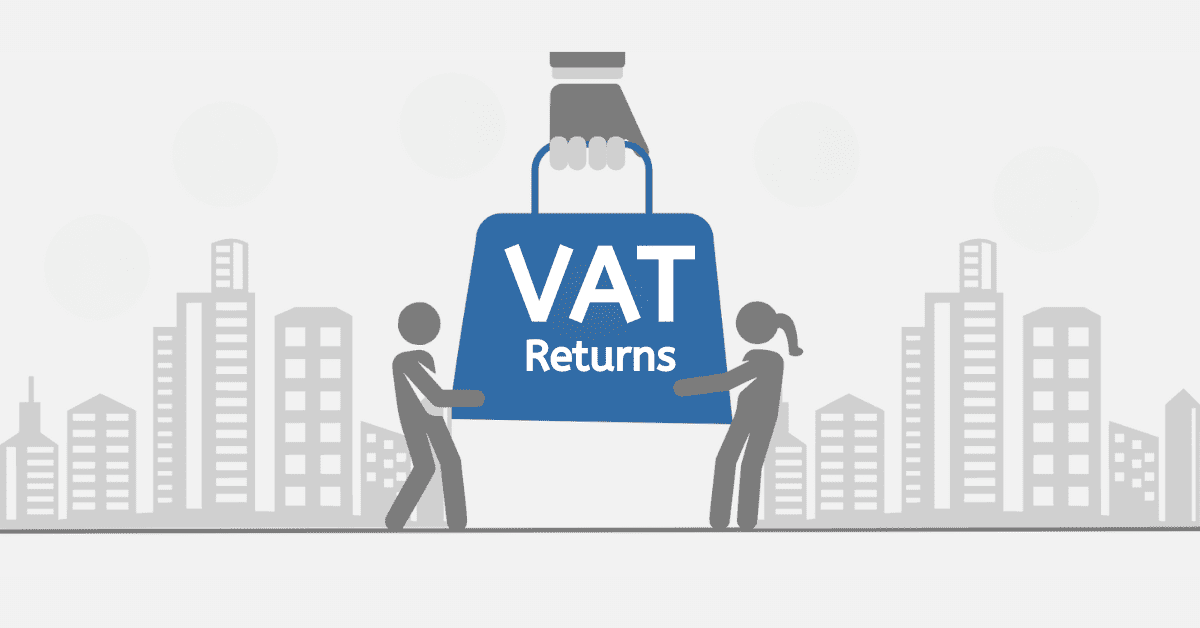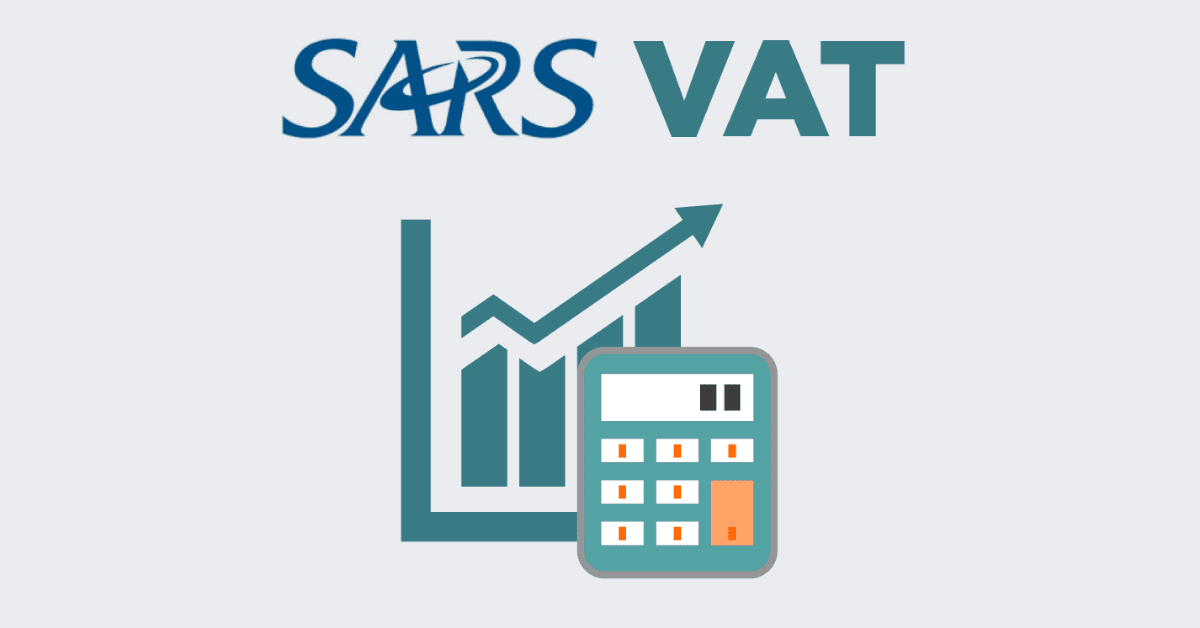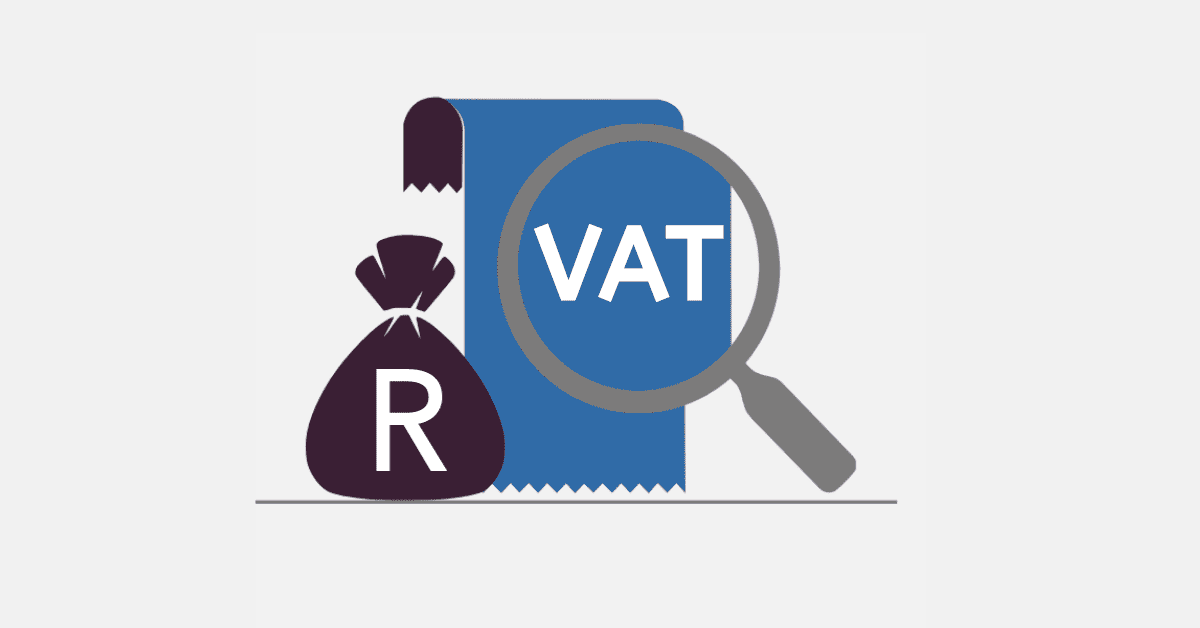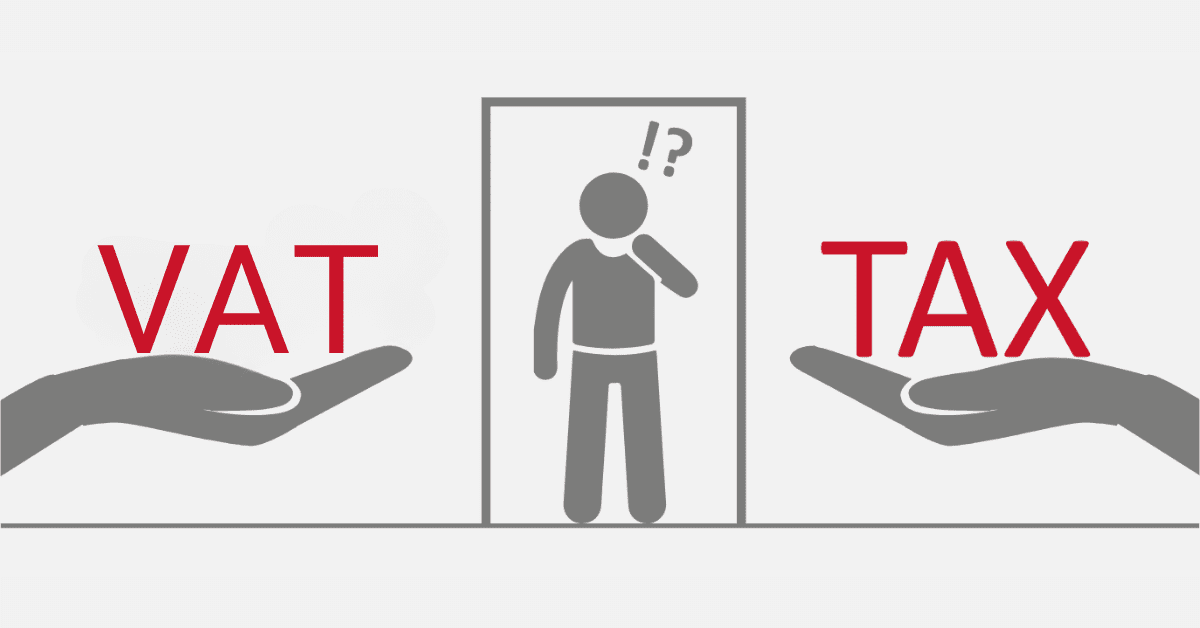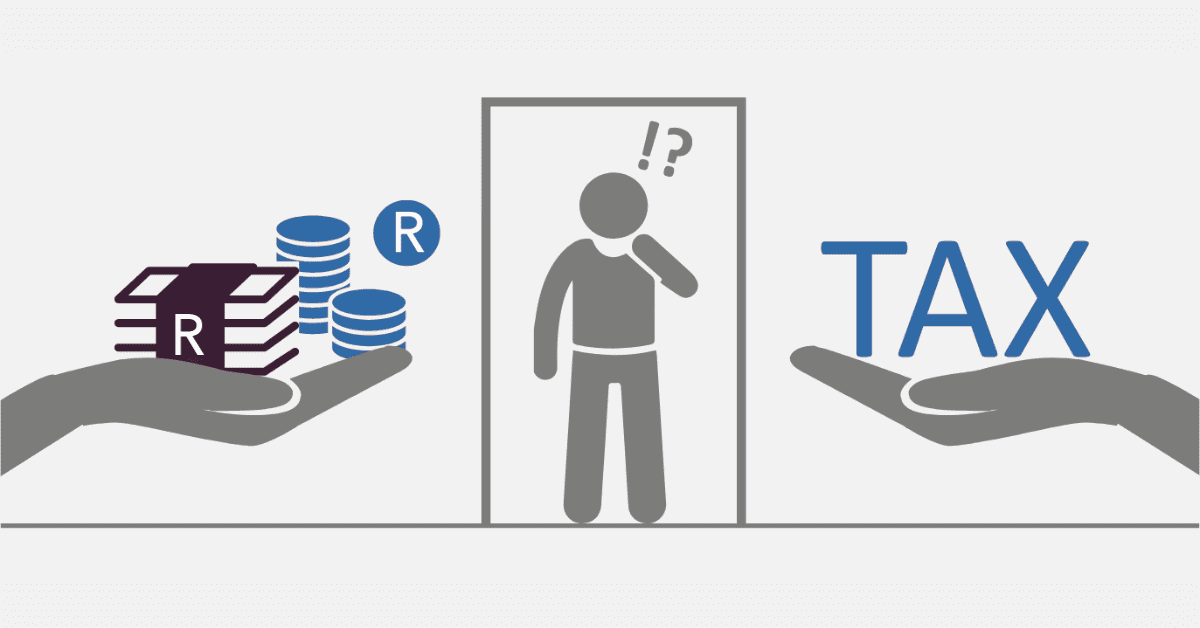VAT-registered companies in the B2B, or business-to-business, space prefer to work with other VAT vendors to ensure they can claim all the input VAT possible to offset the VAT they charge and potentially net them a VAT refund from SARS. While most businesses operate honestly, this does mean that some bad actors may portray themselves as VAT-registered companies to get your business. It’s also possible that a company previously in good standing has dropped out of VAT registration, but is still displaying their old details. Luckily, there are ways for you to check if a company’s VAT number is legitimate with SARS. Here is what you need to know.
How Do I Check If A Company Is VAT Registered In South Africa?
You can check if a company is VAT registered in South Africa through SARS’s new online portal for VAT vendors. Input the VAT number you have been given in the correct format, and it will check against their database to make sure it is legitimate. Be sure to check all details, not merely that the VAT number is accurate, so you know you are dealing with a legitimate company.
If there seems to be a problem, first ensure the VAT number is correct. You can then contact the SARS helpline for further details and assistance. It is also possible to check the number through the SARS helpline, but they are encouraging people to use the online option as it is faster, more convenient, and does not need you to interact directly with them.
Is A Company Tax Number The Same As Its VAT Number?
A company tax number is not the same as its VAT number. Nor do they fulfill the same needs. The company tax number is related to its income tax payments and acts as your overall identifier to SARS. SARS will then issue separate numbers for specific tax types, such as PAYE/UIF and VAT. It is important to always use the correct number on your own returns, as the payment reference number (which helps allocate your payment correctly) is also tied to the tax type number.
If you want to do business with a VAT-registered company, they need to provide you with their VAT number, not their company tax number. Most businesses, and indeed individuals, in South Africa have a tax number. This doesn’t mean they are registered for VAT.
Do All Registered Companies Pay VAT?
All VAT-registered companies will submit VAT returns. Based on the difference between their input and output VAT
However, remember that the term ‘registered company’ typically refers to the registration of the company as a business entity with CIPC, and has nothing to do with VAT. Registered companies are of the PTY (LTD), Limited, Incorporated, State-Owned (SOC), and Non-Profit (NPO) types in South Africa. While sole proprietorships and partnerships are also legitimate business types, they don’t have to be CIPC-registered.
Not all registered businesses in South Africa are also VAT-registered. VAT registration is only compulsory once a company reaches a taxable turnover of R1,000,000 in a consecutive 12-month period. If you own your own business, remember that this is any 12-month period, and not tied to things like your tax year or the calendar year, so it is important to track your income accurately if you are getting close to that threshold. Companies can also choose to voluntarily register for VAT once they pass R50,000 in taxable turnover in the same period, so business size should not be used as an indication of VAT registration, either.
If you have any doubts about the VAT registration status of a company you want to partner with, be sure to check it on the SARS VAT vendor portal.
How Many Digits Is A Company Tax Number in South Africa?
South African company tax numbers are 10 numeric digits long. There will be no letters or other characters in the company tax number. Remember that the company’s VAT number, although it is also 10 numerical digits in length, is not the same as their company tax number. The company tax number is their number for income tax purposes, not any other tax type. It is common for larger entities to have several different tax numbers- alongside income tax and VAT, they likely will also have a number for PAYE and UIF payments.
Checking a company’s VAT number is an important step before you enter into any business arrangement with them if you are a VAT-registered company yourself. Make sure you check that all your suppliers and vendors have given you their legitimate VAT numbers before committing yourself to partnerships and contracts.
